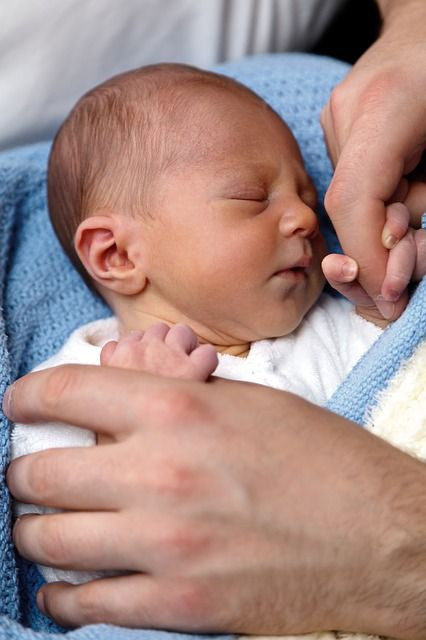Neonatal Song Lowers Heart Rate, Improves Suckling

"Musick has Charms to sooth a savage Breast," wrote English playwright William Congreve in 1697. But it may also sooth the baby suckling that breast, researchers reported Monday in the journal Pediatrics.
Investigators at Beth Israel Medical Center demonstrated evidence supporting what humans have always known: the power of music — including instrumental sounds imitating the acoustical in utero experience — eases the transition into this world.
Premature infants may benefit particularly from such "musical intervention," the researchers said. In a two-week study of babies in the hospital's neonatal intensive care unit, investigators found a link between music and lowered heart rates, improved sleep and suckling behavior and, for those receiving personalized song, better feeding.
While researchers didn't analyze whether the therapy affected medical outcomes, they said "the informed, intentional therapeutic use of live sound and parent-preferred lullabies applied by a certified music therapist can influence cardiac and respiratory function."
Despite the clinical language employed by the researchers in the report, however, the study appeared tinged with a more humanistic, even spiritual touch. The researchers chose the standard "Twinkle, Twinkle Little Star" for half of the 272 infants in the study but preferred a more personal approach they referred to as "songs of kin." With contextual importance linked to family culture and history, such melodies might foster feelings of comfort and normalcy among infants, they conjectured. By contrast, "Twinkle, Twinkle Little Star" was chosen for its musical simplicity, with repetitive patterns and a small melodic range easy enough for any parent with a tin ear.
However, the most innovative approach, according to researchers, was a method of matching the rhythm of percussive instruments to the baby's breath, which would "evoke an environment of strength and stability," they hypothesized. For that, they played live music, teaching parents to imitate the sounds, rhythmically joining their baby's breath and heartbeat.
Other researchers suggest that the benefits of singing to one's newborn may be manifold, improving the parent-child bond as the parent gains confidence in his or her caretaking.
Published by Medicaldaily.com



























